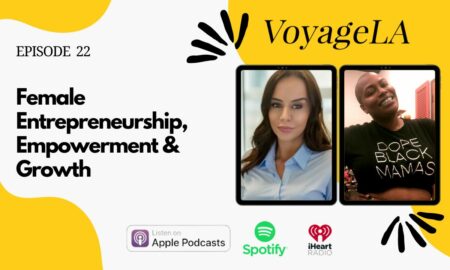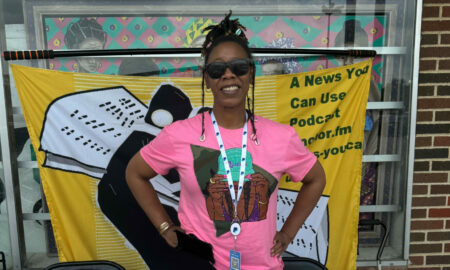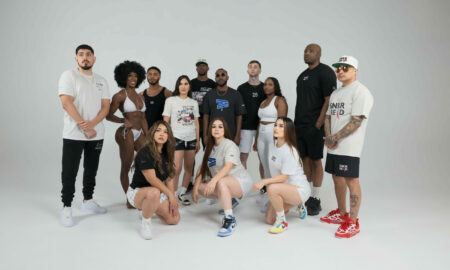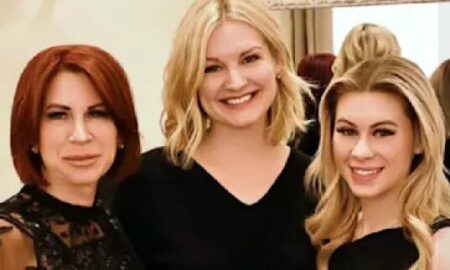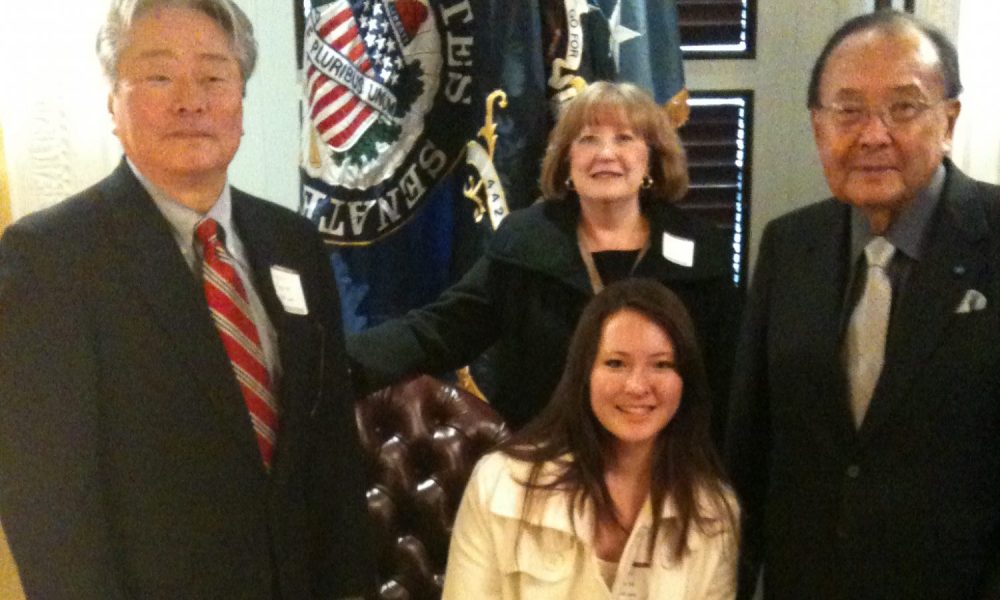

Today we’d like to introduce you to Harvey Yamagata, a noted Fort Worth business executive and president of the Japanese Society. He received, on behalf of the society, the Bridges to Friendship Award in 2016 from the Japan American Society of Dallas Fort Worth.
Harvey – please share the story with us.
The Fort Worth Japanese Society was founded in 1985 by a group of local Japanese-Americans residing in Fort Worth and moved into its present location at 3608 Park Lake Drive in 1986. The mission of the Fort Worth Japanese Society is to foster Japanese and American understanding by providing an opportunity to learn about Japan, its people, language and culture.
We have over 300 members including Japanese working in Fort Worth, Japanese spouses of Americans, Japanese-Americans, Americans who have an interest in Japanese business or culture, Americans who trade in Asia and corporations with ties to Japan.
Japanese Language Classes
We conduct Japanese language classes each week. Many of the students are children of Japanese-American marriages, Americans who plan to visit or do business in Japan, and others who wish to broaden their language skills.
Calligraphy, Origami, Ikebana, Folk Dances and Tea Ceremony Groups within our membership share their skills in various cultural activities. We are often requested to demonstrate these skills at area schools and organizations to promote a better understanding of things Japanese. You can also enjoy these demonstrations during the Spring and Fall Festivals in the Japanese Garden of the Fort Worth Botanic Gardens. The festival’s calligraphy, origami, folk dances, tea ceremony and many other activities are provided by our Society.
Dondoko Taiko Drum Group
One of our more visible groups is the Taiko Drummers. This traditional Japanese drum group has members of all ages and has been invited to perform at numerous events. They were a hit during the Sun and Stars Parade in downtown Fort Worth. They also performed at the celebration of American Airlines’ inaugural non-stop flight from DFW to Tokyo/Narita.
Sister Cities Program
The Society supports the Fort Worth Sister Cities Program, especially in its relationship with the City of Nagaoka, Japan. We assist in entertaining visitors from Nagaoka and participate in visits abroad to the Japanese city. We also provide scholarships to qualified local young people in need of financial assistance who wish to go abroad to Nagaoka as exchange students.
Monthly Activities and Luncheon
An activity is planned for each month, including luncheons, bazaars and even member tours to points of interest in Texas. The Sunday lunch is a good time for visitors to come by to get acquainted with us. Following the luncheon there are programs related to Japanese culture. The annual New Year’s banquet is free to members and features a great variety of Asian and American food. Outstanding entertainment always follows.
A newsletter is distributed to inform our members of current Society activities.
It’s not unusual to find one of our members at city hall interpreting for visiting Japanese dignitaries. When called upon, we translate for students, businesses and at cultural exchanges between Fort Worth and Japan.
The Society maintains a close relationship with and acts as a liaison with the Japanese Consulate for the benefit of our members. We are continually on the lookout for projects which will improve Japanese-American relations.
We’re always bombarded by how great it is to pursue your passion, etc. – but we’ve spoken with enough people to know that it’s not always easy. Overall, would you say things have been easy for you?
The first challenge for our society was to raise funds so that we could have a permanent location where we can facilitate our activities. Within one year, our membership raised the funds so that we can purchase our own building.
In the early years, there were enough Japanese-Americans in the area, along with their families, to support the activities of the society. However, like many organizations, members age and can no longer be active in the organization. However, the keen and growing interest in Japan and Japanese culture in America has brought many people into our organization who are not of Japanese ancestry. Today, about 60% of our members are not of Japanese Ancestry.
What were you like growing up?
I was born on January 8, 1946 in a prisoner of war camp in China, where my parents had started a transportation business moving minerals and other cargo from locations in China to shipping ports. When the Japanese lost the war, my parents were placed into the camp. When I was about four months old, all the Japanese in China, including my family, were sent back to Japan.
I lived in Bufu, Kure and Kobe, Japan. In 1952, when I was six, my parents emigrated to the United States. I lived in Manhattan where I began kindergarten at Riverside Church and later entered grade school. The family then moved to Brooklyn where I completed grade school. After that, the family moved to Queens where I completed my junior and senior high schools. After high school, I completed by BA at the University of Wisconsin, Madison. I later received by MBA from TCU.
The first noticeable personality feature was my outgoing nature. When I came to this country, the only words I knew in English were: hot, cold, sick, hungry, and thank you. Having such a limited vocabulary is not possible to an outgoing person so I quickly learned English. With a couple of years, by parents were astonished that I had become fluent in English, and unfortunately, forgotten nearly all of my Japanese. This outgoing nature enabled me to mainstream very quickly into American life and made many friends.
Contact Info:
- Website: www.fwjs.org





Image Credit:
Harvey Yamagata
Getting in touch: VoyageDallas is built on recommendations from the community; it’s how we uncover hidden gems, so if you know someone who deserves recognition please let us know here.












